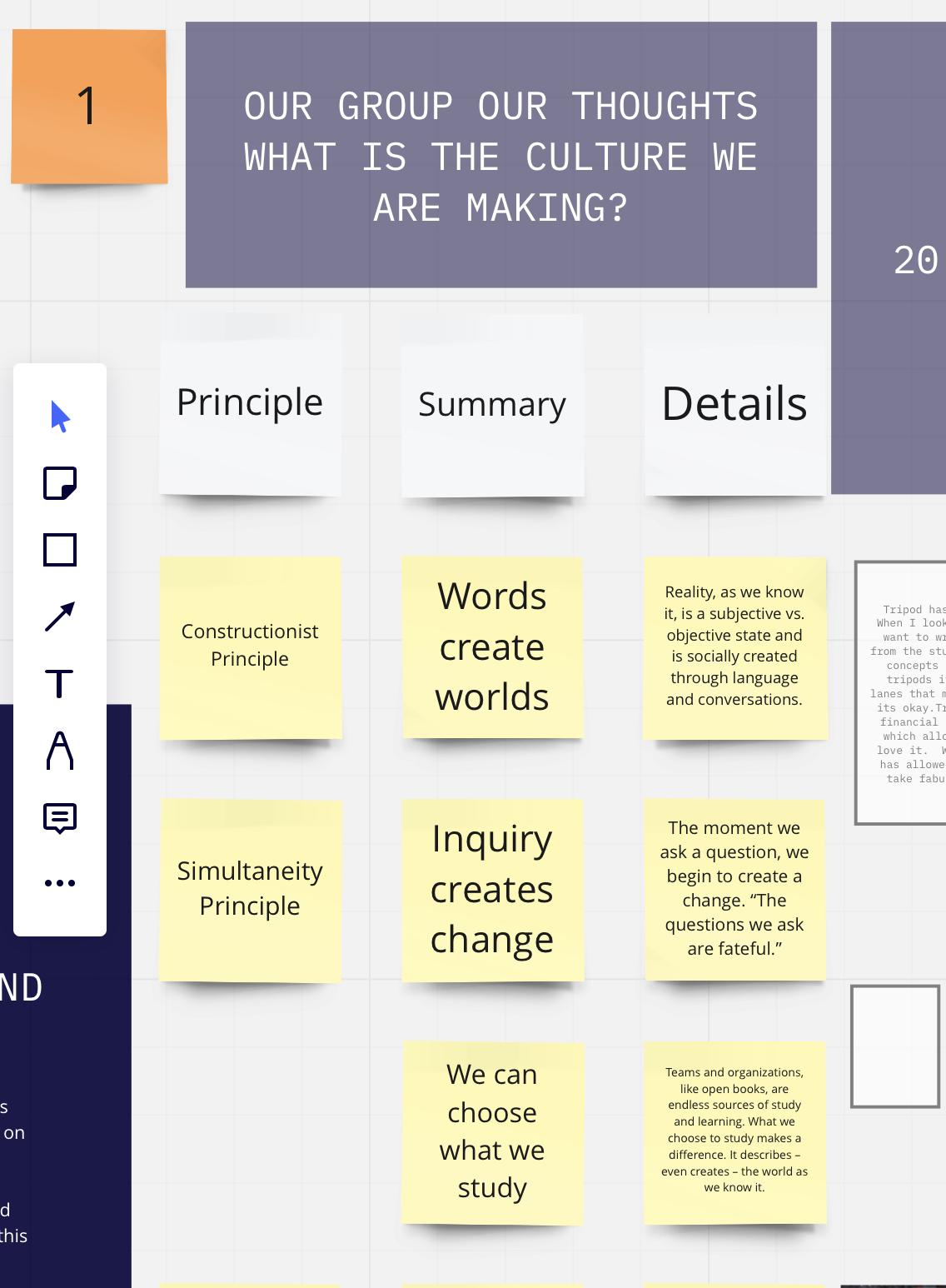
2 minute read
Reading the World Around Me, Devin Welsh
READING THE WORLD AROUND ME

READING THE WORLD AROUND ME
Devin Welsh
For me, to be educated has nothing to do with my income; to be educated isn’t about my hard or soft skills. To be educated is to look at the world around you and understand your place in it; to look critically at how that differs from the experiences of others in this world with me and ask why; to be educated is to develop a literacy, one concerned with more than simply the facility of reading and writing.
This literacy has been about learning the different ways that I’m able to work with other motivated individuals to effect change we see is necessary, to work together to create the just world we want to live in. That is the Work—capital W. That is what I went to school for, and in structuring my education around that principle, even without being fully cognizant of every individual move I was making, I knew what I wanted to move towards. The time spent working in the Drexel Writing Center and at Writers Room have been as much about learning about the world that we live in and what we can do to realize those changes in our communities as it has been about doing the self-work necessary to make that Work a reality for me.
It has continued as I’ve continued to learn and grow over the last four years. This kind of work isn’t a one and done deal. It’s something that has to be revisited and reevaluated with every change and development and, contrary to how it sounds, it’s work that cannot be done alone. Almost none of this reflection has been self-generated and has been pushed along and facilitated by my those in my community, in many cases by strong, Black women that I’ve been able to learn from: from Keyssh to
Anthology 7 54
my reading of the other. And how can I not think about the postcolonial boundaries that are invisible to some yet palpable to me as I cross over from Drexel’s campus to Penn’s while reading Jean Rhys’s Wide Sargasso Sea and wearing a hoodie that leaves Public Safety asking does he belong here? How can I not think of Keyssh’s hand rising out of the crowd to address an audience of community members and academics when I read Virginia Woolf’s lecture to a crowd of young women about the power in being confident in one’s ideas in “How Should One Read a Book?” How can I walk through the National Museum of African American History and Culture in the capital of this nation without thinking about Frederick Douglass’s Narrative or his “What to the Slave is the Fourth of July,” or Carmen Kynard’s Vernacular Insurrections that traces the literacy of Black people and the legacy of resistance that has given me a path to a college degree?
Reading these works of literature and essays in my classes, from deep-dives into the work of Shakespeare and Woolf, to surveys of African American and Global Anglophone Literature, I’ve developed the vocabulary and a deeper context to the experiences I’ve had as an undergraduate student outside of the classroom. Collected in this project are those experiences that best tell the story of my development as a person and as a citizen immersed in the world of academia and surrounded by a community who has accepted me.
55 And Ask Why







